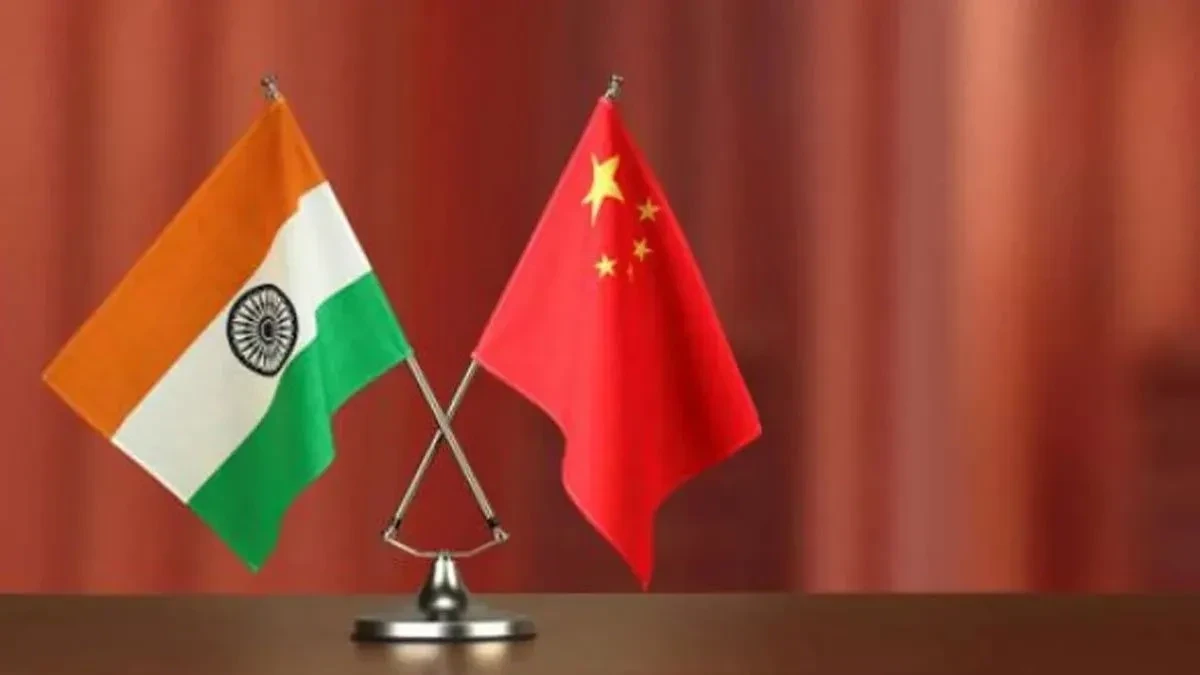Starting July 24, India will begin issuing tourist visas to Chinese citizens, as announced by the Indian embassy in China. This is the first time in five years that the visas will be issued, signalling a warming of relations between the two countries.
The decision follows recommendations from Niti Aayog, India’s top policy think tank, to ease investment restrictions on Chinese entities.
In 2020, after deadly border clashes in eastern Ladakh’s Galwan region, India imposed strict security checks on investments from countries sharing land borders. These measures were designed to protect national security and prevent hostile takeovers, significantly affecting Chinese companies. Niti Aayog has suggested allowing Chinese firms to acquire up to a 24% stake in Indian companies without needing security clearance.
Investment Restrictions and Economic Impact
The proposal is currently under review by various ministries, including finance and commerce. While the industries department supports easing restrictions, other departments are still evaluating the recommendation. “Any decision to ease might be months away and will be taken by political leaders,” two sources told Reuters.
This initiative aims to boost foreign direct investment (FDI) in India, which has seen a sharp decline recently. Net FDI dropped to $353 million last year compared to $43.9 billion in 2020-21. Global geopolitical events like Russia’s invasion of Ukraine have affected investments worldwide, but India’s specific restrictions on Chinese capital are seen as a significant barrier.
Diplomatic Engagements and Future Prospects
Amid easing military tensions since October, India and China have been working on improving diplomatic ties. Discussions include resuming direct flights and finding a “permanent solution” to their border dispute. Foreign Minister Subrahmanyam Jaishankar visited China this week for the first time in five years.
During his visit, Jaishankar stressed the importance of resolving border issues and avoiding restrictive trade practices with his Chinese counterpart. He also expressed concerns about China’s export restrictions on critical components like rare earth magnets.
Potential Changes in Investment Policies
NITI Aayog’s proposal includes revamping the board responsible for reviewing foreign investment proposals. This is part of broader efforts to streamline processes and make India more attractive for global capital. Deals like a proposed $1 billion electric vehicle joint venture by Chinese automaker BYD were shelved due to current investment rules.
“The report has gone. We need to see what happens,” a government official told The Economic Times, indicating that the proposal is now under review. The Prime Minister’s Office is among those examining it closely.
The recent developments suggest that India may be re-evaluating its stance towards China amid changing global dynamics. While some speculate this could be a strategic move against US tariffs under Donald Trump’s administration, official decisions are yet to be made.
